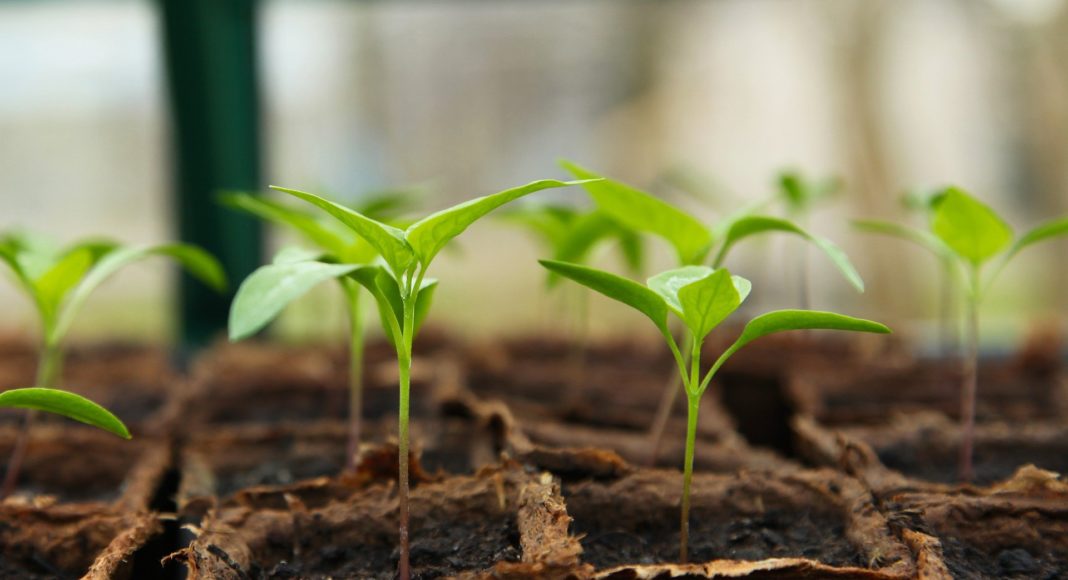The following piece is from our sister publication, Germination.
Roy van Wyk is a busy man these days. As co-chair of the Seed Regulatory Modernization (SRM) Working Group, he’s looking ahead to this winter as a possible time when the public could get an update on the task teams and working group progress and to provide additional input into the future of the seed regulatory system.
Fall 2023 is when the working group — and the eight “task teams” whose members come from a variety of organizations within the seed sector and producer groups as well — is aiming to publish their proposals for regulatory change in Canada Gazette Part I. The Canada Gazette is the official newspaper of the Government of Canada.
“This is going to be a colossal undertaking. Now that the work of the task teams is underway, my expectation is that the industry is very flexible on the issue of when we go to Canada Gazette Part I. We want to get this right, as this opportunity only comes along once every generation, and maybe less often than that,” says van Wyk, who serves as operations manager for Seeds Canada.
“If timelines need to be adjusted, I’m confident there will be support for that.”
The first step in the process was a needs assessment survey issued to establish a baseline understanding of seed and seed potato stakeholder needs to provide important perspective to the process. That survey was sent out in January and has since closed.
“The survey provides a baseline understanding of stakeholders’ needs. What are the benefits of the current seed regulatory framework? Are there opportunities for change? What issues need to be addressed? What is the comfort level with further industry delivery of regulatory services? We’re currently analyzing the survey, and we hope to have a report on what we heard posted on the CFIA website this summer,” says Wendy Jahn, national manager of the Canadian Food Inspection Agency (CFIA) seed section.
Task Teams
According to Jahn and van Wyk, eight task teams have been struck that will look at various parts of the seed regulatory landscape and put forward recommendations for change. The task teams will run in a sequential manner in order of priority, beginning with variety registration, seed standards and grade tables, and seed certification.
“These first three task teams have been populated and they’ve started their work. We were really excited to see the level of interest and participation on the first three task teams. We even have a significant producer commitment on all three task teams. We were able to achieve balanced groups with respect to the different sectors involved in this stakeholder engagement process,” says Jahn.
The task teams will decide the specific topics to address with direction and advice from the working group. All task teams are stakeholder-led, Jahn adds.
“The working group nominated and approved the task team chairs, and the task teams themselves nominated and approved their own co-chairs. The task teams will report back to the working group regularly with updates and options for regulatory amendments. It sounds easy but it’s going to be a tough job. The ideas of all the individual task teams will have to be married into a cohesive vision for the seed sector and then recommendations made to the CFIA to be published in Canada Gazette Part I.”
CFIA is ultimately responsible for drafting the regulations, but they will be based on input from the working group, she added.
“The producer community isn’t living and breathing the regulations the way regulated parties are, so we’re really looking forward to reaching a point when we have a vision to articulate [as part of] additional broad-based stakeholder consultations. We’ve encouraged the task teams to look at the seed system as a whole, because in order to develop a vision for the seed industry, you need to consider policy and implementation that might not necessarily be within the specific scope of seed regulatory modernization.”
Silver Lining
While the pandemic delayed the SRM initiative by about a year, van Wyk says it has turned out to be a silver lining in terms of facilitating communications between the task teams.
“It would not be practical or cost effective for us to conduct all the working group and task team meetings in-person. If one potential boon came out of COVID it’s that meeting online is an efficient, affordable, and effective way to get things done. Given the massive scale of this project, it would be extremely difficult, if not impossible to deliver in person.”
He says gone are the days of having to get everything done in hotel conference rooms.
“We have incredible tools we didn’t have 20 years ago. Before network conferencing tools like Zoom and GoToMeeting, online surveys, and web-based collaboration tools came along, our approach to this kind of a project was very different. Perhaps we would have started this work sooner if we had these tools at our disposal. Back then, we couldn’t engage stakeholders to the same degree, or throughout the entire regulatory change process. Now, we literally can meet at any time, for as long as we want, we can survey in real time, and we can collaborate in an ongoing basis in web-based workspaces.
“I look forward to when we can meet again in person, but we can’t ignore how the virtual world has enhanced our collaborative efficiencies. We’ll be holding fewer in-person meetings in the future, and I imagine we will savour the ones we do.”
Related Articles
Moving Canada into the Modern Age
Seed Potato Regulatory Modernization
The P.E.I. Potato Board’s Right-Hand Woman is Mary Kay Sonier











